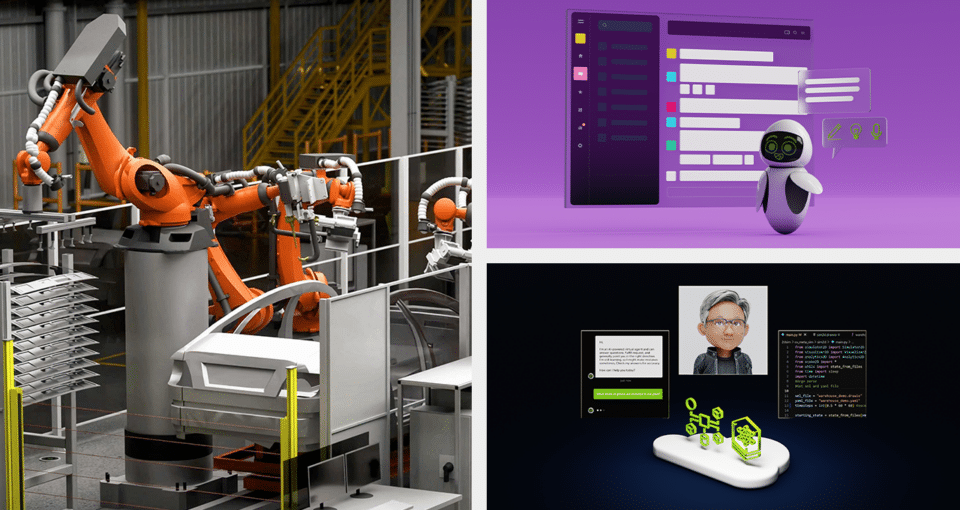Japan Revolutionizes Healthcare With AI: Boosting Patient Care and Enhancing Innovation

TOKYO, NOV 13, 2024 - In a bid to provide high-quality medical care to its aging population, Japan is spearheading the adoption of Artificial Intelligence (AI) in healthcare. The country's clinicians, researchers, and pharmaceutical companies are leveraging AI tools to revolutionize patient care, drive innovation, and tackle chronic diseases.
At the NVIDIA AI Summit Japan, which concluded today through November 13, Japan's healthcare leaders showcased breakthrough technologies that power nearly every aspect of healthcare. These innovations include AI-accelerated drug discovery, genomic medicine, healthcare imaging, robotics, and digital health systems, designed to keep up with the country's aging population.
To address an impending shortage of 500,000 healthcare workers by next year, Japan is harnessing AI to augment patient care. Breakthrough technology deployments have transformed the abilities of Japanese clinicians and researchers. Drug discovery AI factories, powered by NVIDIA BioNeMo, are accelerating the development of novel treatments and vaccines. For instance, pharmaceutical companies like Astellas Pharma use BioNeMo biomolecular AI models to generate novel molecular structures and optimize therapies.
Genomics researchers across Japan are adopting the NVIDIA Parabricks software suite to accelerate secondary analysis of DNA and RNA data. This enables researchers at institutions such as the University of Tokyo Human Genome Center to identify unique genetic variants in the Japanese population, paving the way for precision medicine research.
AI tools supported by NVIDIA's computing platforms have also enhanced diagnostic capabilities. AI-augmented medical examinations, developed by Fujifilm using their NURA health screening centers, use large language models to create text summaries of medical images, speeding up cancer screenings and chronic disease tests.
Furthermore, Japanese healthcare innovators are developing AI-powered robotic systems for radiology and surgery, providing real-time insights to support doctors. Companies such as Olympus have collaborated with NVIDIA and the telecommunications company NTT to demonstrate real-time image processing utilizing cloud-connected endoscopes and photonics technology for enhanced efficiency.
NVIDIA is also supporting researchers in Japan to develop new applications of digital health agents designed to augment patient care.
To learn more about these innovative AI-enabled initiatives, watch the on-demand session by Kimberly Powell, NVIDIA's vice president of healthcare. By embracing AI technologies, Japan aims to re-imagine healthcare and stay ahead of the curve in addressing emerging healthcare challenges.
